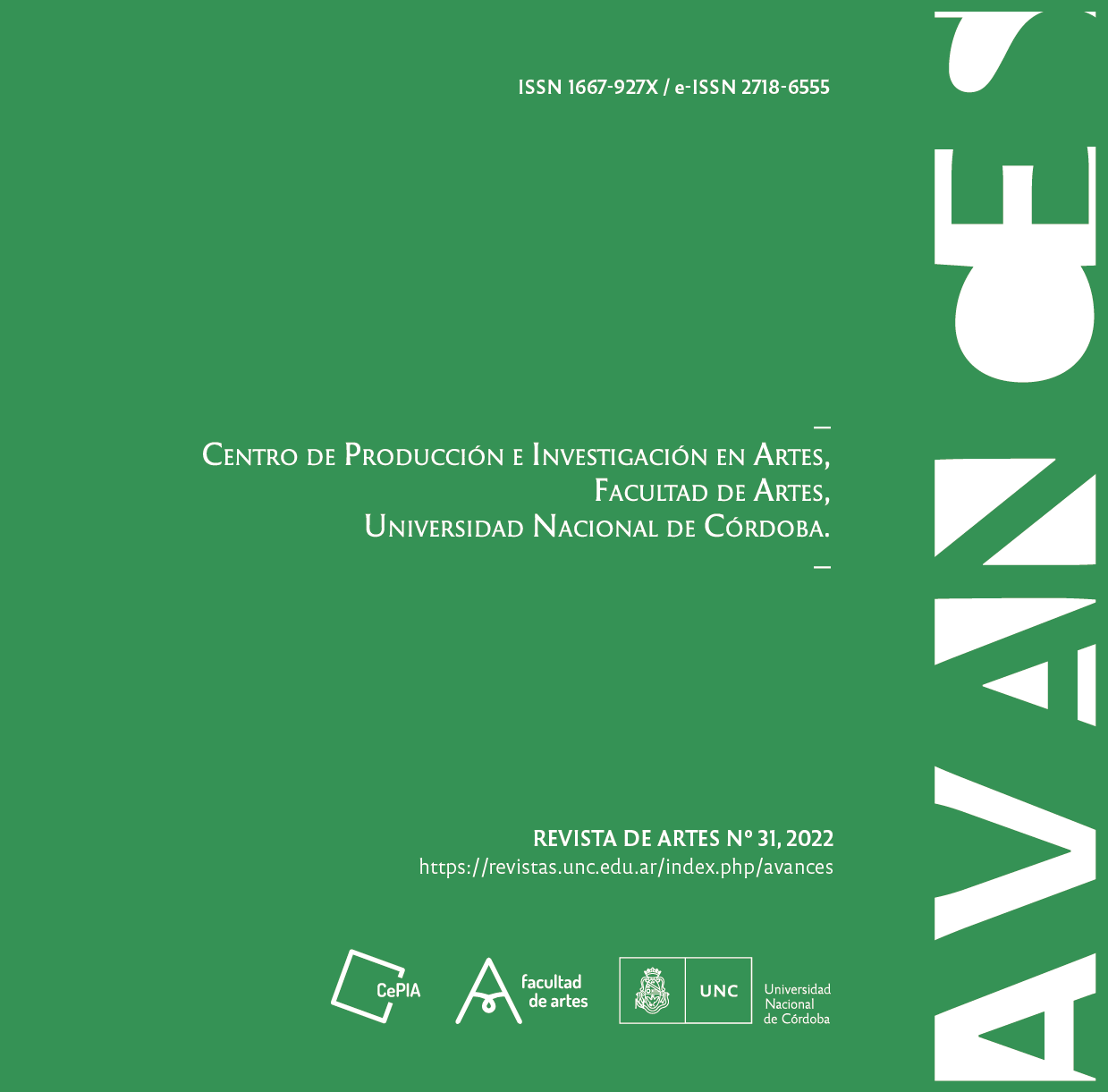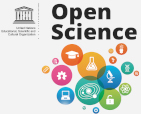Writing in crisis, reading in a pandemic: Los llanos of Federico Falco
Keywords:
Territory, Memory, Crisis, Writing, PandemicAbstract
The essay proposes a reading of Los llanos by Federico Falco, focused on its spatial link with some canonical texts of Argentine literature of the 20th century and especially those of another Cordovan origin, Héctor Bianciotti. On the other hand, it investigates the circumstances in which the narrator writes: a stage of love and identity crisis: The final concretion of the autofictional writing (which at the same time designs a poetics) is parallel to the incessant work to perfect his orechard in the solitude of a country town. The reading experience is linked to the vicissitudes of the pandemic at the beginning of which the book is published and thus becomes the possible model for a different life.
Downloads
References
Adorno, T. (2009). Crítica de la cultura y sociedad. Madrid: Akal.
Alberca, M. (1996). El pacto ambiguo. Boletín de la Unidad de Estudios Biográficos, (1). pp. 9-18. Recuperado de https://revistes.ub.edu/index.php/bueb/article/view/27946.
Alberca, M. (1999). En las fronteras de la autobiografía. En M. Pedraza (Ed.), Escritura autobiográfica y géneros literarios. Jaen: Universidad de Jaen.
Barthes, R. (2011). Fragmentos de un discurso amoroso. Buenos Aires: Siglo XXI Editores.
Bergson, H. (2005). Materia y memoria. Buenos Aires: Cactus.
Bianciotti, H. (1978). La busca del jardín. Barcelona: Tusquets Editor.
Bianciotti, H. (1996). El paso tan lento del amor. Barcelona: Tusquets Editor.
Borges, J. L. (1957). El Aleph. Buenos Aires: Emecé.
Borges, J. L. (1960). El Hacedor. Buenos Aires: Emecé.
Doubrovsky, S. (1977). Fils. París: Gallimard.
Falco, F. (2020). Los llanos. Barcelona: Anagrama.
Martínez Estrada, E. (2017). Radiografía de la pampa. Buenos Aires: Interzona.
Nancy, J. L. (2020). Un virus demasiado humano. Santiago de Chile: Palinodia.
Proust, M. (2015). Sobre la lectura. Buenos Aires: Cátedra. Letras Universales.
Rest, J. (1982). El cuarto en el recoveco. Buenos Aires: Centro Editor de América Latina.
Scalabrini Ortiz, R. (1933). El hombre que está solo y espera. Buenos Aires: Anaconda.
Weinberg, L. ( 2004). Ezequiel Martínez Estrada. Lo real ominoso y los límites del Mal. En S. Saítta (dir.), El oficio se afirma. Buenos Aires: Emecé.
Downloads
Published
Issue
Section
License

This work is licensed under a Creative Commons Attribution-NonCommercial-ShareAlike 4.0 International License.





















